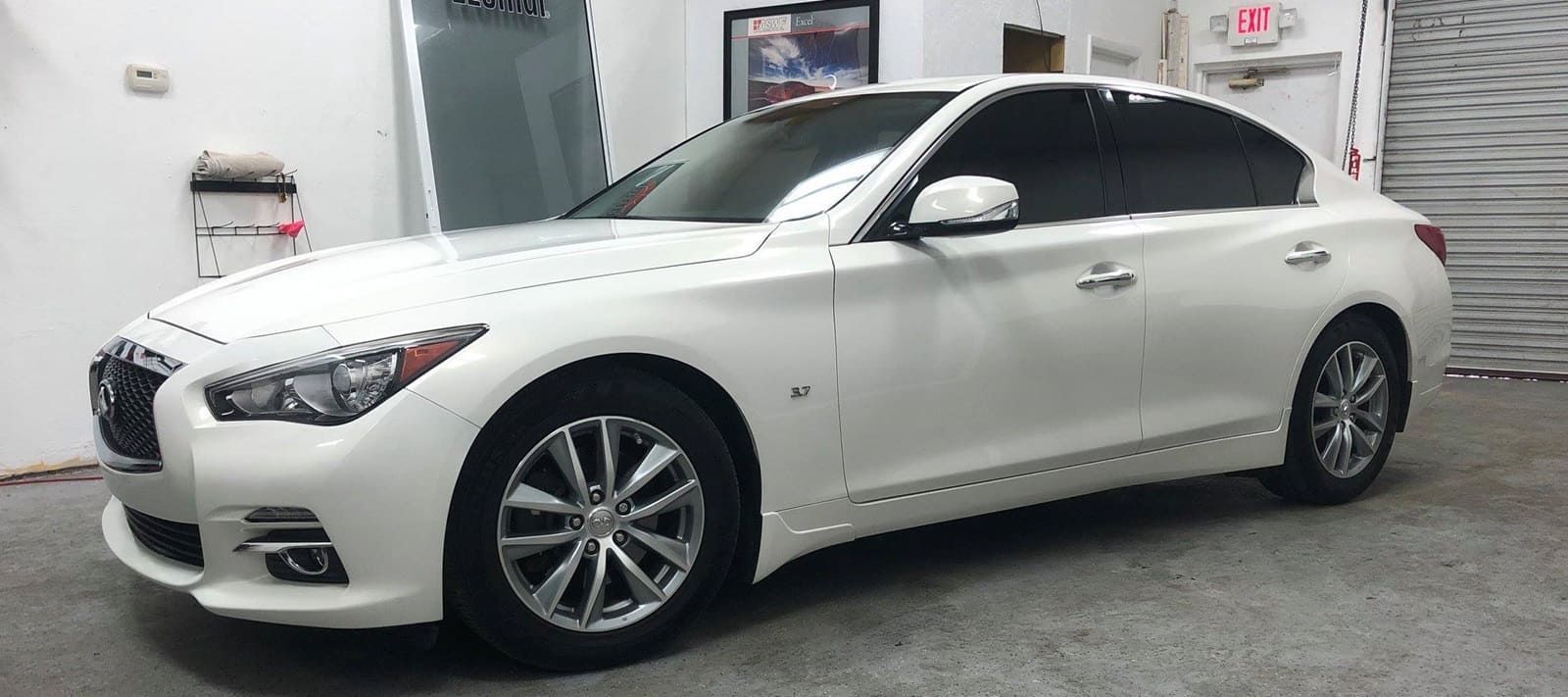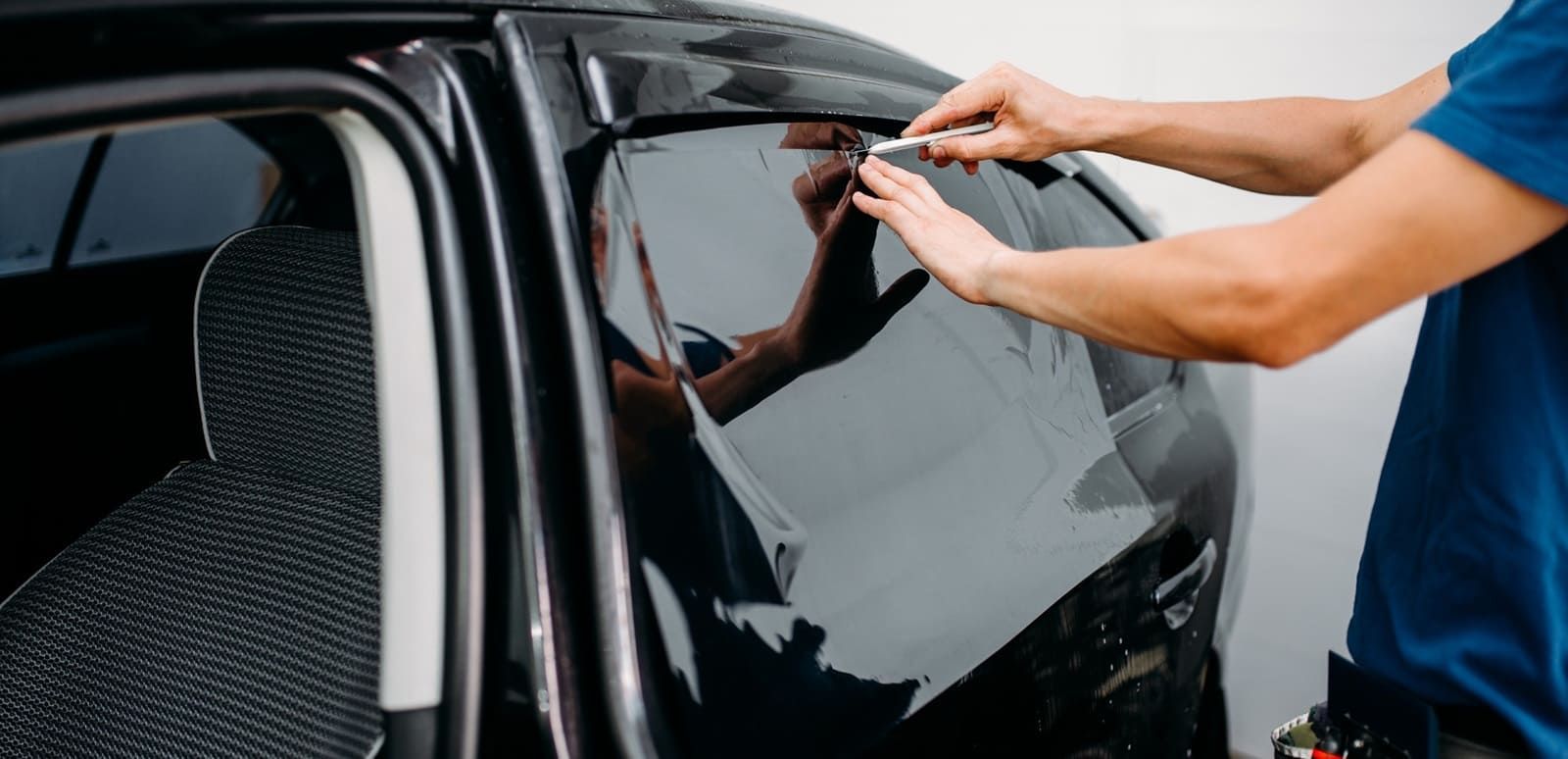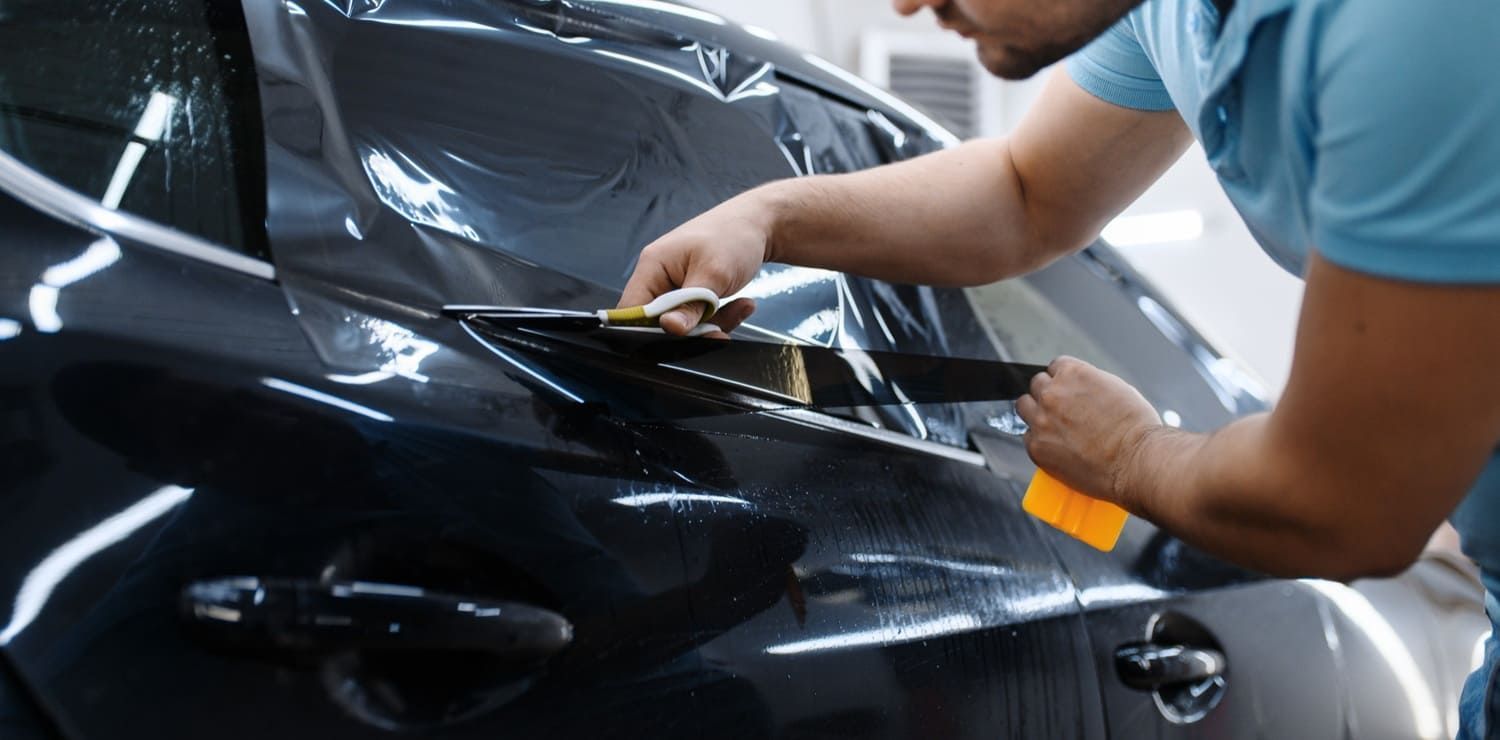Car Window Tinting Laws: What You Should Know Before Tinting
Tinting your car windows can be a great way to enhance your vehicle's appearance, increase privacy, and reduce glare from the sun. However, before you rush to get your windows tinted, it's essential to understand the laws that govern car window tinting. These laws vary from state to state, and failure to comply with them can result in fines or even having to remove the tint. This article will guide you through the basics of car window tinting laws to ensure you stay on the right side of the law.

Understanding Car Window Tinting Laws
Car window tinting laws are regulations that determine how dark or reflective your vehicle's window tint can be. These laws are put in place to ensure driver safety and allow law enforcement to have a clear view into vehicles when necessary.
What Is Window Tinting?
Window tinting involves applying a thin film to the interior side of a vehicle's windows. This film can vary in darkness and reflectiveness, depending on your preferences and the legal limits set by your state.Why Are There Tinting Laws?
Tinting laws exist primarily for safety reasons. Extremely dark tints can impair a driver's vision, especially at night. Moreover, law enforcement officers need to see inside vehicles during traffic stops to ensure their safety.General Window Tinting Regulations
While specific laws can vary, there are some general regulations that most states follow:
Visible Light Transmission (VLT)
One of the key metrics in window tinting laws is Visible Light Transmission (VLT). VLT measures the amount of light that can pass through your window film and glass. For example, a 50% VLT means that 50% of the light can pass through, while the remaining 50% is blocked.Reflectivity
Besides VLT, some states also regulate the reflectivity of window tints. This is to prevent excessive glare from affecting other drivers on the road.Windshield Tinting
Many states have strict rules about tinting the windshield. Typically, only the top few inches, known as the "AS-1 line," can be tinted, and even then, it must adhere to specific VLT and reflectivity standards.State-Specific Tinting Laws
Florida Window Tinting Laws
In Florida , the law states that the front side windows must allow more than 28% of light in, while the back side and rear windows must allow more than 15%. The windshield can have a non-reflective tint along the top five inches.California Window Tinting Laws
California law requires that the front side windows allow more than 70% of light in. The back and rear windows can be tinted to any darkness level. The windshield must have a clear, untinted section that extends at least four inches from the top.New York Window Tinting Laws
New York 's tinting laws state that the windshield and front side windows must allow over 70% of light in. The back side and rear windows can be tinted to any level of darkness.Texas Window Tinting Laws
In Texas , the front side windows must allow more than 25% of light in. The back side and rear windows can be tinted to any level of darkness. The windshield may have a non-reflective tint on the top five inches.
How to Stay Compliant
Check Your Local Laws
Since tinting laws differ by state, it's crucial to check the specific regulations where you live. You can usually find this information on your state's Department of Motor Vehicles (DMV) website.Choose a Reputable Tinting Service
A professional tinting service should be familiar with your state's laws and ensure that your vehicle is compliant. They can also provide guidance on the best type of tint for your needs.Consider Medical Exemptions
Some states offer medical exemptions for individuals who require darker tints due to health conditions. If you believe you qualify, consult with your healthcare provider and local DMV for more information.The Consequences of Non-Compliance
Failing to comply with window tinting laws can result in several consequences:
Fines
Most states impose fines for illegal tinting, and these fines can increase with repeated offenses.Inspection Failure
If your state requires vehicle inspections, illegal tinting can cause your vehicle to fail, requiring you to remove or adjust the tint before passing.Increased Insurance Rates
Non-compliance with tinting laws can sometimes impact your insurance rates, as it may be seen as a violation of vehicle safety standards.Conclusion
Tints & Beyond, professional window tinting installers in Cape Coral, FL, are here to help you navigate the process of car window tinting while ensuring compliance with local laws. Understanding car window tinting regulations is crucial before deciding to tint your vehicle's windows. By ensuring your tint meets state standards, you can avoid potential fines and complications while enjoying the benefits of tinted windows. Always check your local laws and work with a reputable tinting service to ensure compliance and safety.
Contact us for a
free estimate!













